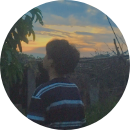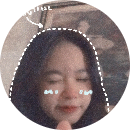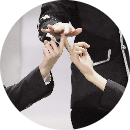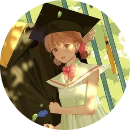7.April Fool’s Day is a day. People play tricks on friends on that day
………………………………………………………………………………………...............
8.We visited the factory. Many modern cars were painted in that factory
………………………………………………………………………………………...............
13.Do you know the man? He sat next to me at the dinner last night
………………………………………………………………………………………...............
17.We went away in August. The children were on holiday from school at that time
......................................................................................................................................
20.That is the singer. I was telling you about her
………………………………………………………………………………………...............
21.The boy is a friend of mine. You are using his dictionary
………………………………………………………………………………………...............
6. Who is the boy? We helped him choose the toy
→ Who
7. Do you like the coffee. I bring you the coffee.
→Do you
10. She’ the woman. I wrote to her.
→...........................................................................................................
1. The book is very interesting. It tells about life on other planets.
→.........................................................................................................
4. The book is mine. The book is on the table.
→.........................................................................................................
7. That is the book. I bought it yesterday.
→.........................................................................................................
8. Is this the man? You are waiting for him.
→.........................................................................................................
9. The people were very nice. We visited them two days ago.
→.........................................................................................................
10. The postcard was from Harriet. It came this morning.
→.........................................................................................................
11. Easter is a joyful festival. It is celebrated in late March or early April.
→.........................................................................................................
Giúp mk vs



























